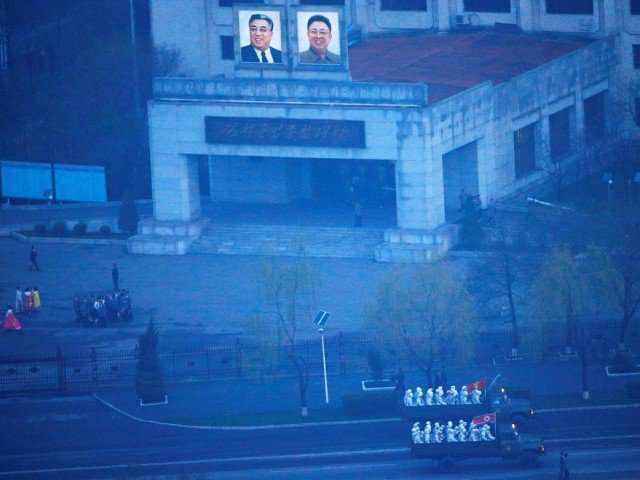North Korea’s main spy agency has a special cell called Unit 180 that is likely to have launched some of its most daring and successful cyber attacks, according to defectors, officials and internet security experts.
North Korea has been blamed in recent years for a series of online attacks, mostly on financial networks, in the United States, South Korea and over a dozen other countries.
Cyber security researchers have also said they have found technical evidence that could link North Korea with the global WannaCry “ransomware” cyber attack that infected more than 300,000 computers in 150 countries this month. Pyongyang has called the allegation “ridiculous”.

Why North Korea is under suspicion
The crux of the allegations against North Korea is its connection to a hacking group called Lazarus that is linked to last year’s $81 million cyber heist at the Bangladesh central bank and the 2014 attack on Sony’s Hollywood studio.
The U.S. government has blamed North Korea for the Sony hack and some U.S. officials have said prosecutors are building a case against Pyongyang in the Bangladesh Bank theft.
No conclusive proof has been provided and no criminal charges have yet been filed. North Korea has also denied being behind the Sony and banking attacks.
North Korea is one of the most closed countries in the world and any details of its clandestine operations are difficult to obtain.
But experts who study the reclusive country and defectors who have ended up in South Korea or the West have provided some clues.
Kim Heung-kwang, a former computer science professor in North Korea who defected to the South in 2004 and still has sources inside North Korea, said:
Pyongyang’s cyber attacks aimed at raising cash are likely organised by Unit 180, a part of the Reconnaissance General Bureau (RGB), its main overseas intelligence agency.
“Unit 180 is engaged in hacking financial institutions (by) breaching and withdrawing money out of bank accounts,” Kim told Reuters.
He has previously said that some of his former students have joined join North Korea’s Strategic Cyber Command, its cyber-army.
“The hackers go overseas to find somewhere with better internet services than North Korea so as not to leave a trace,” Kim added.
He said it was likely they went under the cover of being employees of trading firms, overseas branches of North Korean companies, or joint ventures in China or Southeast Asia.

James Lewis, a North Korea expert at the Washington-based Center for Strategic and International Studies, said Pyongyang first used hacking as a tool for espionage and then political harassment against South Korean and U.S. targets.
“They changed after Sony by using hacking to support criminal activities to generate hard currency for the regime,”
“So far, it’s worked as well or better as drugs, counterfeiting, smuggling – all their usual tricks,” Lewis said.

















